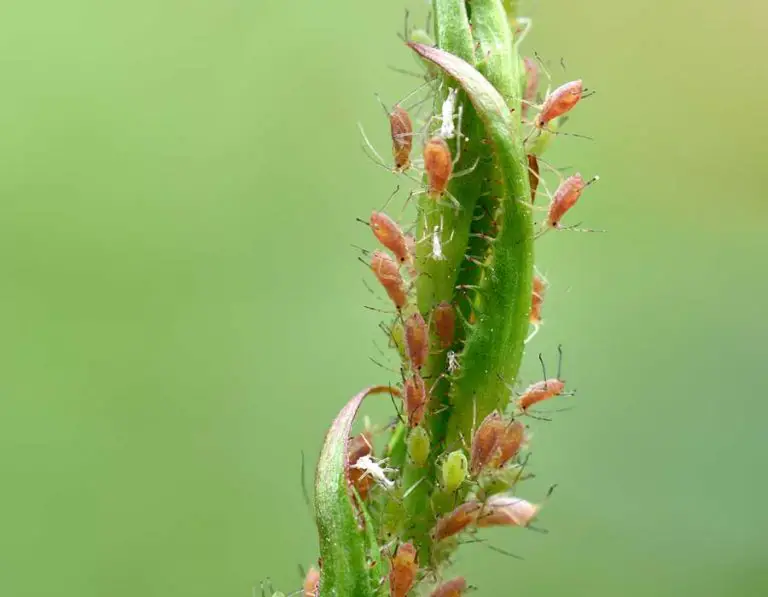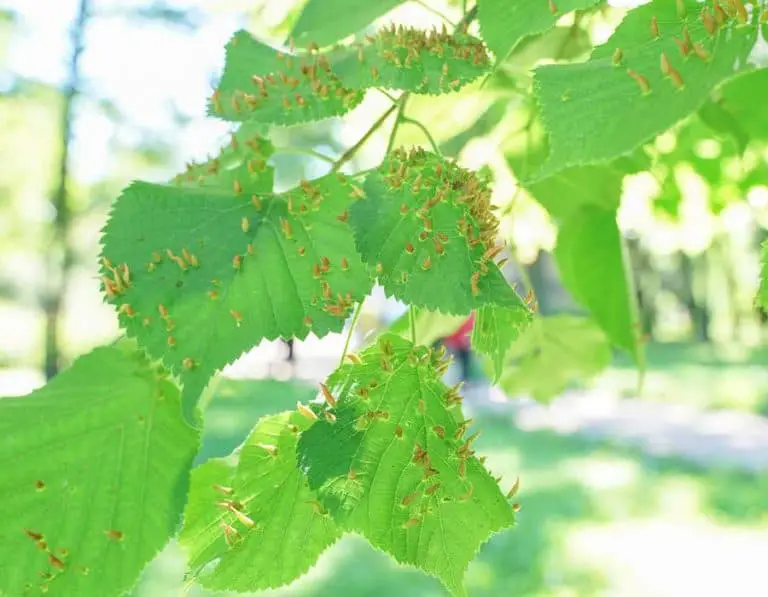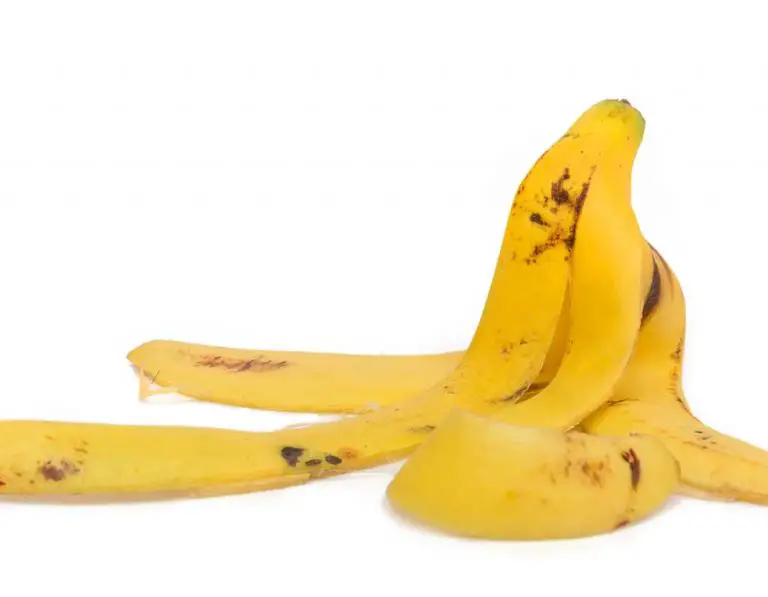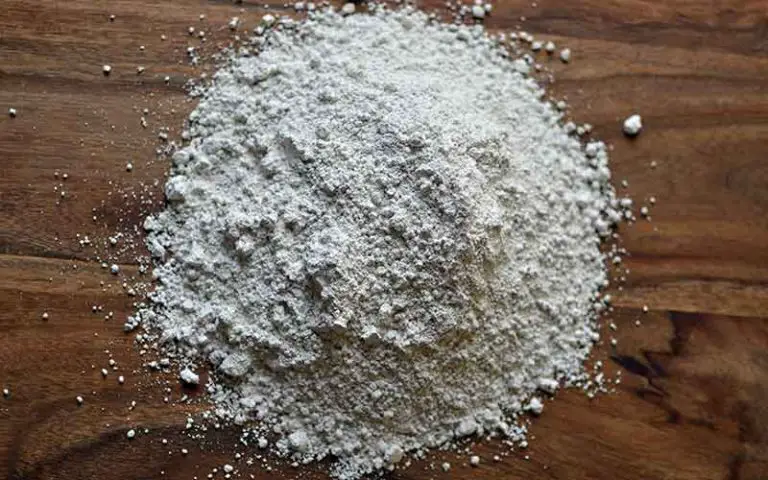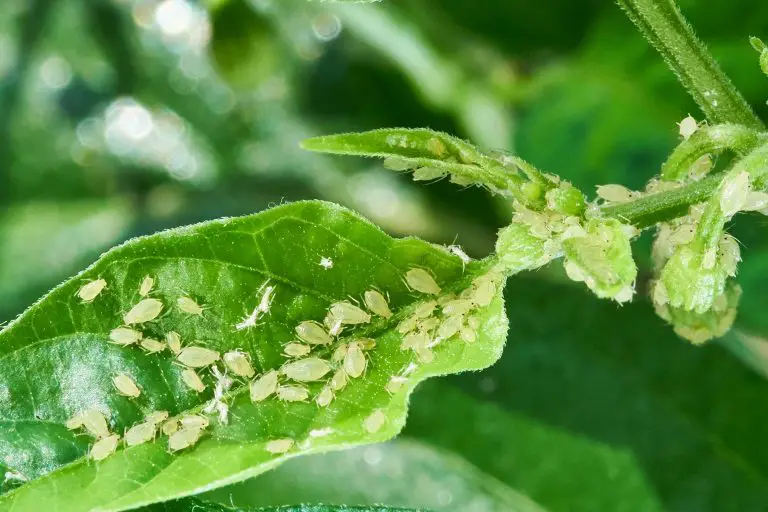Can Aphids Live in Soil?
Aphids are known to live on and near plants. They are seen almost throughout the year as they survive cold weather. But can aphids live in soil?
These invasive insects are sometimes unearthed in the ground. This may be a shock to those into gardening as many only imagine aphids on plant leaves.
Aphids live in the soil, typically next to thick plant roots they feed on. They grow in the ground feeding on plant roots until they’re ready to develop into adults. Aphids in the soil are called nymphs or root aphids.
As some of the most common garden pests, aphids have made a negative impact on crops as well. These insects cause significant economic losses as they can eat through entire flower or vegetable crops.
Many aphids are picked by hand. Yet they keep reappearing. This is because aphids lay eggs in the ground which is why they aren’t visible to people until they emerge as young adults.
Types of aphids that live in the soil
Almost all aphids live in the soil at some time in their lives. Eggs turn into larvae and then pupate in the ground. This is why most aphids, regardless of their species, are known as translucent-white or pale-white (sometimes pink) in color when found in the ground.
As they mature aphids tend to resemble adults. As nymphs, they might also have the colors of the soil, which makes them difficult to spot.
Root aphids are found on the ground
Root aphids live on the ground, in the ground, or slightly above the ground. They are identified by their small bodies shaped like pears.
Nymphs or root aphids tend to spread quickly. Colonies can number as many as 200 root aphids in a small area which means they become very difficult to eradicate as they multiply.
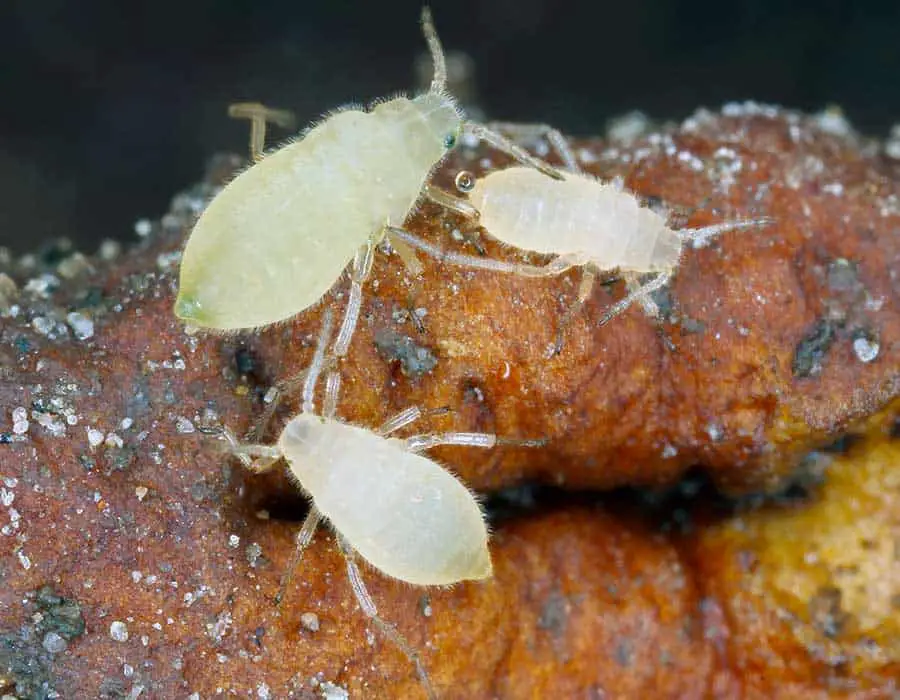
Aphid eggs are found in the ground
Aphids are known to survive a long time without food when hiding in the ground. But aphid eggs can even overwinter in the ground and only emerge in the spring.
Eggs are laid in the ground so they’re better protected from cold weather. Eggs can remain here for up to a few months and still hatch even when the temperature is below the freezing point in the winter.
How do aphid eggs get in the ground? Aphids tend to lay eggs right under the plants they eat. They can travel but they prefer to lay eggs closely. Adults don’t watch over the eggs but they cover them to add a layer of protection.
Root aphids are damaging plants
Aphids are generally bad for plants as they eat through them partially. Root aphids are even more damaging as they can kill plants and flowers.
Root aphids feed on root plants without being disturbed. Not seen by predators or people, these aphids continue feeding until they eventually kill the plant. You only notice a dead plant when it looks dead or when you pull the top off which seems disconnected from the roots.
One example of this situation is with Lettuce root aphids. These aphids exclusively feed on lettuce roots which means you can eventually remove the lettuce by hand while its damaged roots remain in the ground. The removed lettuce is generally dry.
Lettuce root aphids are known to feed on the roots of lettuce until the end of the season. Once the weather gets cold, these aphids move on to other host plants and trees such as willows and poplar trees where they feed on leaves.
As a result, root aphids are a type of aphids that primarily feed on plant roots but which can also feed on plant leaves as other aphids. Most aphid species growing on the ground can be considered root aphids. True root aphids are those that favor plant roots over flowers, fruits, and leaves.
How to prevent aphids in the soil?
Aphids in the soil are very difficult to eliminate. Preventing them is easier as they tend to multiply quickly once in the ground.
Most gardens that suffer from numerous aphids in the ground get them from bad quality compost. However, here are a few good methods to keep them away for good.
Don’t use too much fertilizer
Adding too much organic fertilizer to the ground favors aphids in the soil. Fertilizer is good for plants but it shortly becomes damaging once used in excess. Adding the right amount of fertilizer for each plant is recommended.
Buy ladybugs
Ladybugs can be purchased from pest control stores. These are predatory bugs known to exclusively feed on aphids and aphid eggs.
Ladybugs are the most efficient natural method of killing aphids without pesticides. Other side effects aren’t noted for crops where ladybugs have been used to control aphids.
Spray neem oil
Neem oil is a type of natural insecticide. It’s sprayed on crops to keep aphids away. Neem oil is less potent when sprayed on soil already affected by root aphids.
Check compost quality
Low-quality compost might already come with root aphids. This is how they get to your garden and how they spread out of control.
Cover soil and plants during aphid migration
Several studies show considerable aphid soil infestation happens during the periods of aphid migration. The most common periods for migration are spring and autumn. These are the season’s many gardeners cover their plants to avoid any type of aphid damage.
Summary
Many aphids can be seen as root aphids when they live in the ground. Emerging aphid eggs in the spring are always seen as root aphids.
Other species are specifically known to favor roots and to live on the ground or in the ground. Common root aphid species include Rose root aphids, Lettuce aphids, and White root aphids.
Organic farming often considers root aphids a result of buying commercial compost which already contains root aphids. Pesticide-free farming such as organic farming recommends making compost at home to eliminate the chances of introducing pests and damaging insects to your garden.

